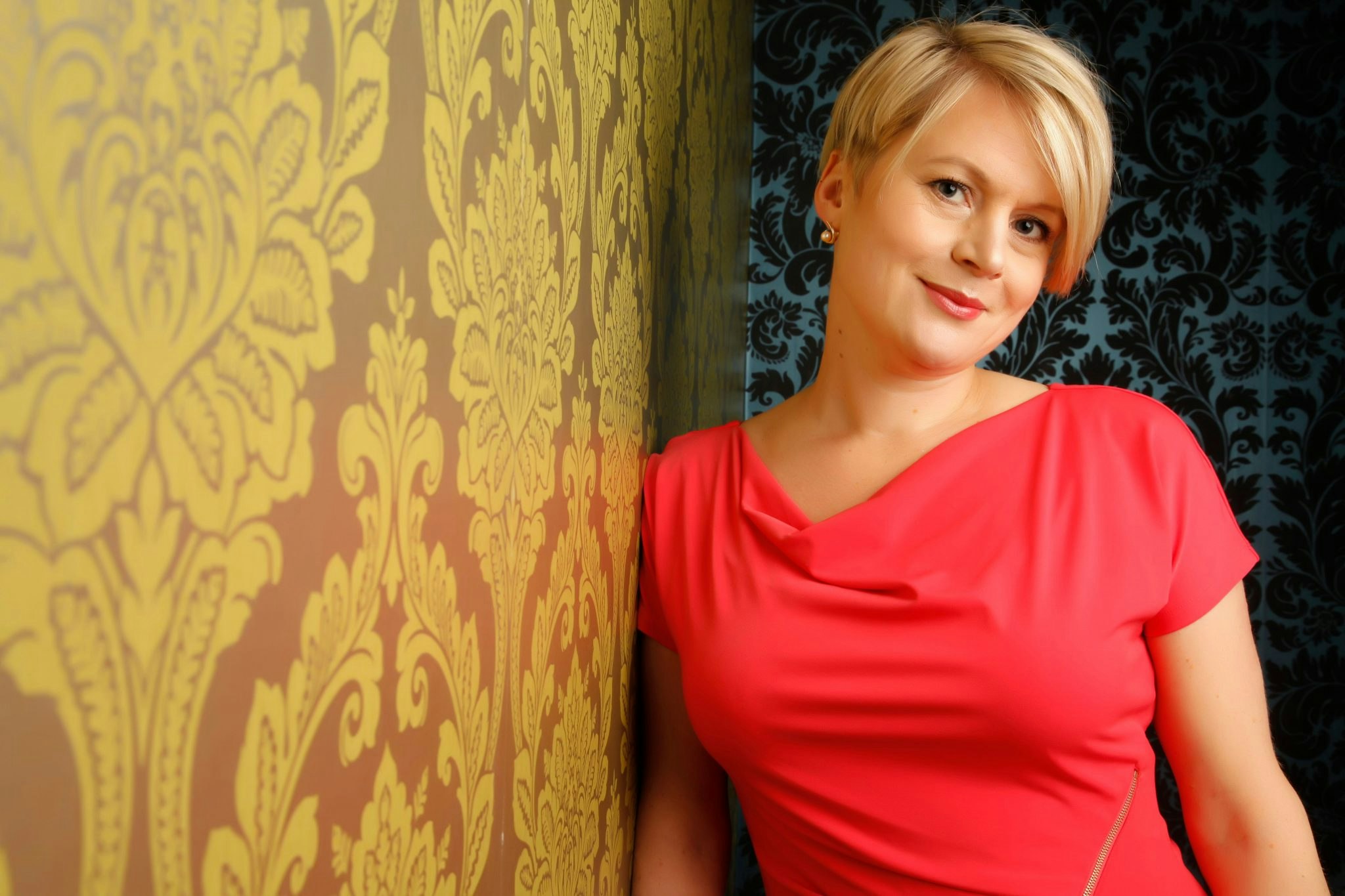I spent the last weeks of the summer in the mountains of Central Asia.
Hiking through high altitude pastures in Kyrgyzstan, I met shepherd families who welcomed me with tea or kumys (fermented mare’s milk) in their simple yurts and showed me how it’s possible to live simply yet generously. A 15-year-old schoolgirl (who spoke four languages), who was helping her mother look after Western tourists at a homestay, told me she wanted to become a paediatrician and help families who don’t have access to medicine in remote Kyrgyz villages.
After a fortnight of travelling through breathtaking landscapes and enjoying genuine hospitality I came back to London transformed.
Going through funding applications in my inbox, I simply couldn’t get excited by a new app promising to find the coolest new London eateries, and yet already it has raised pre-seed capital.
Investors appear to be obsessed with memory foam mattresses, taxi-hailing apps, electric scooters and ready meals like these are the most important problems on the planet.
An entire generation of startups seem to target young shopaholics; from apps that offer kickbacks on peer-to-peer brand recommendations to fintech apps that help millennials save money for “guilt-free luxury shopping”. Investors appear to be obsessed with memory foam mattresses, taxi-hailing apps, electric scooters and ready meals like these are the most important problems on the planet.
On returning from holiday, I set up meetings with healthtech companies, which are already making a real difference despite their early stage.
One such business, Span, cofounded by software engineer Patrick Samy, helps type 2 diabetes patients reverse their condition through personalised advice on dieting and fasting. Another startup, Spill, cofounded by Gavin Dhesi, offers message-based therapy as a business to business (B2B) service, enabling companies to offer accessible professional counselling to their employees.
Investing in such businesses comes with a number of risks, an integral part of venture capital, but the rewards of helping them succeed go beyond financial returns.
The holiday did not make me completely take leave of my senses. All our companies have to make money. But it gave me a renewed appreciation of what really matters to the world. I think that all venture capital companies should be challenging themselves when making investment decisions. Just as consumers are beginning to ask: “Do I need this plastic straw in my drink?”, venture capital companies should be asking: “Do people need another Instagram-like app on their phone?”
There is a misconception that impact businesses grow at a slower pace than purely commercial enterprises. At a recent event, Building Global Impact Ventures by Female Founders, organised by Cazenove Capital and Mustard Seed VC, Saasha Celestial-One, the cofounder of OLIO, explained that, thanks to its mission to reduce food waste, OLIO receives wide press coverage for free because journalists love writing about it. The founders were able to hire the best talent because experienced professionals often look for meaningful work while legal, consulting and PR firms compete to represent them.
Stellar teams and impressive traction attract capital. It is not a coincidence that sustainable condiment brand Rubies in the Rubble raised £2.1m earlier this year. Once you realise that consumers today seek out sustainable brands and that corporations put social responsibility at the top of their agenda, investing in impact businesses is not just the right thing to do – it’s smart too.


